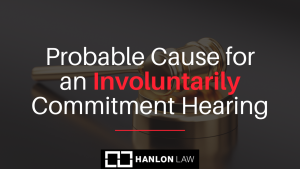State and federal governments have the authority to issue punishments for criminal offenses. They cannot do so in a manner that is deemed unusual or cruel, however. As such, if a criminal defendant believes a sentence violates their Eighth Amendment rights against unusual and cruel punishment, they may be able to successfully argue that it should be vacated. Recently, a Florida court discussed what constitutes an unjust sentence in an opinion issued in a sex crime case. If you were charged with a sex offense, it is smart to meet with a dedicated Tampa sex crime defense lawyer to assess your rights.
The Facts of the Case
It is reported that the defendant was charged with three counts of possessing and producing child pornography. He pleaded guilty to two of the charges in exchange for dismissal of the third. The defendant’s plea agreement advised he faced a sentence of between 15 and 30 years imprisonment in total, followed by a term of supervised release from five years to life.
Allegedly, the defendant requested a sentence of 240 months imprisonment based on his history of PTSD, his childhood sexual abuse, and his service as a police officer and in the military. The court sentenced him to a total of 480 months imprisonment, however, followed by supervised release for the remainder of his life. He appealed, arguing that his sentence constituted a unusual and cruel punishment in violation of his Eighth Amendment rights. Continue Reading ›
 Tampa Criminal Lawyer Blog
Tampa Criminal Lawyer Blog


